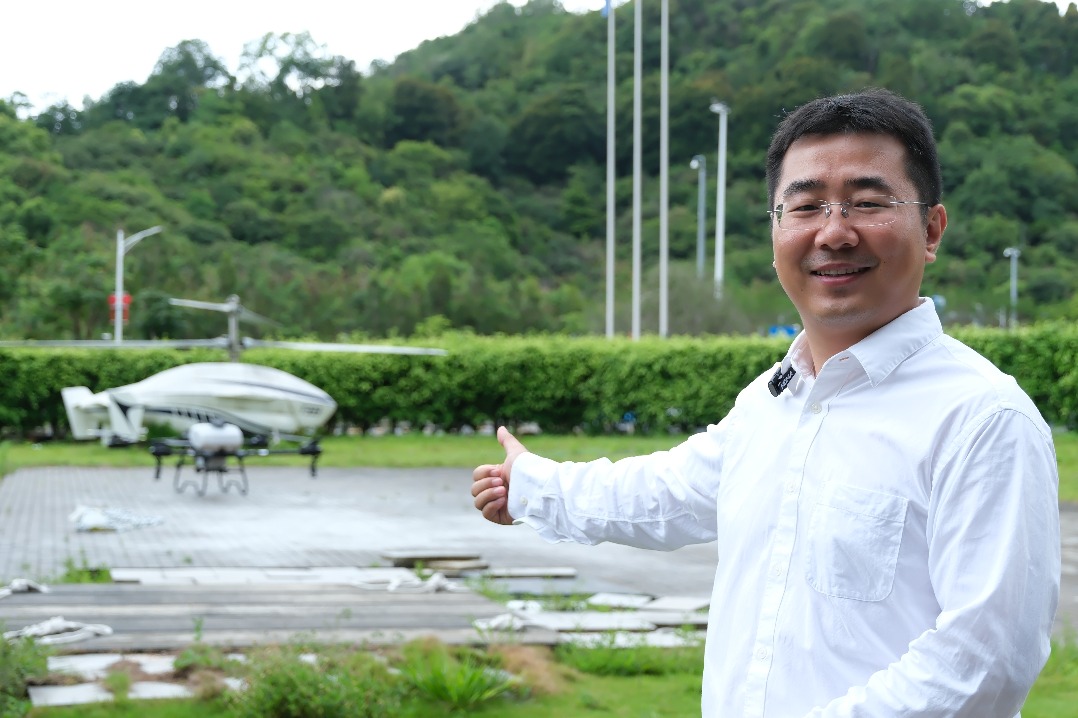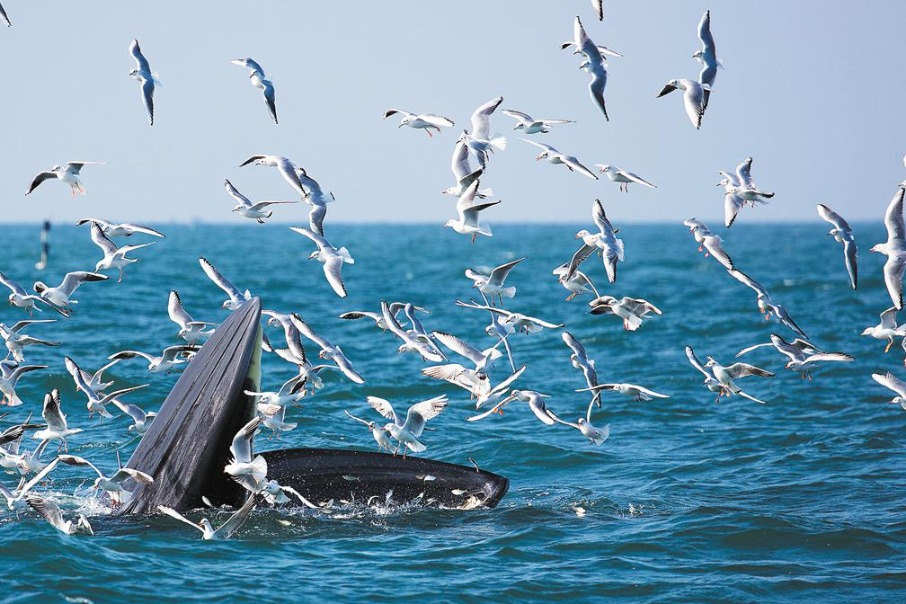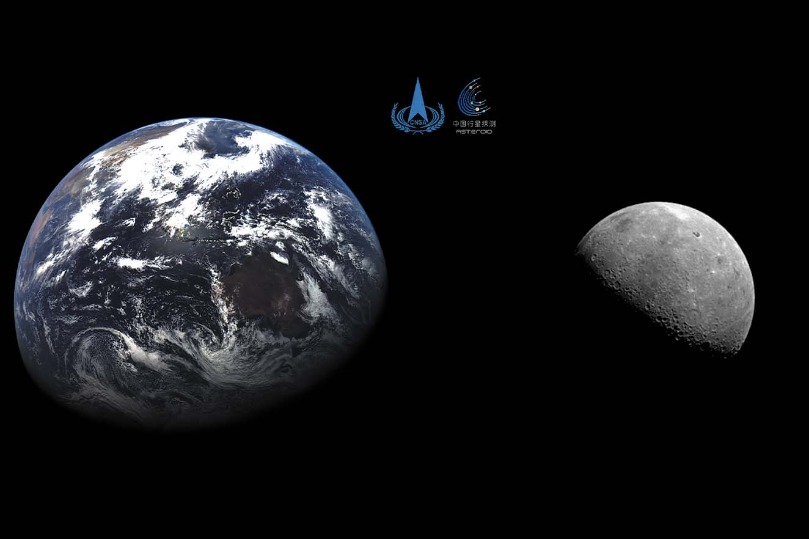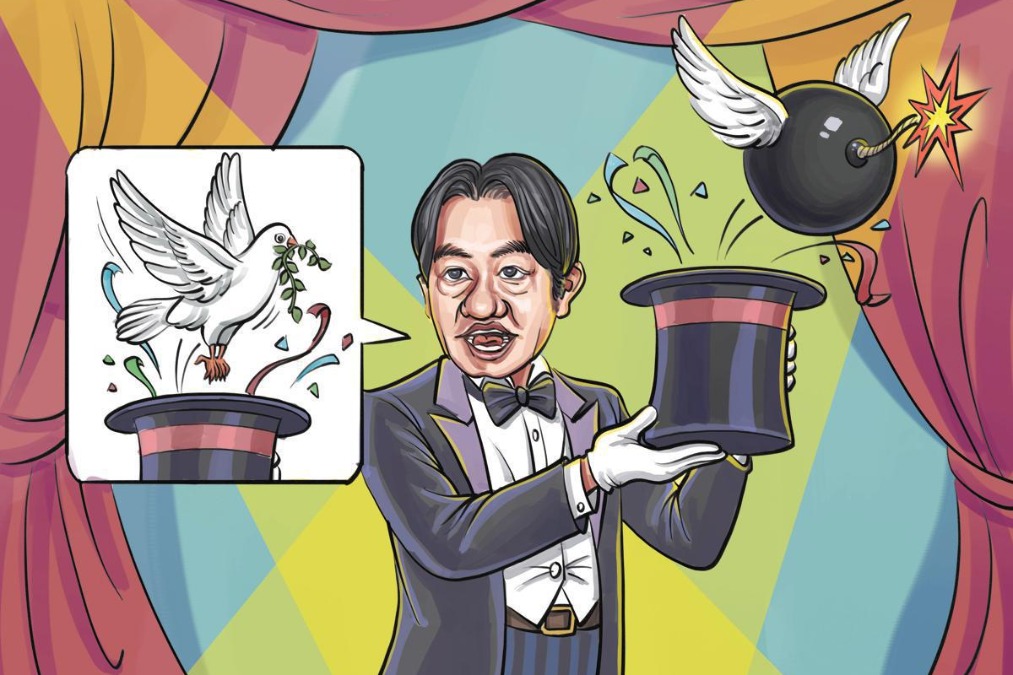Struggling world calls for stronger G20 leadership

History abounds with crises from which the world emerged a safer and better place, and those critical times have demonstrated that a key force to turn the tide is effective leadership.
That is what the international community is expecting as leaders of the world's 20 major economies meet on Saturday and Sunday for their second virtual summit in this extraordinary year amid a still raging dual crisis of public health and economy.
Across the planet, the COVID-19 pandemic is continuing to wreak havoc, the global economy is tottering in a deep recession, and resurgent protectionism, unilateralism and hegemonism are posing a grave threat to world peace and development.
With humanity once again standing at a crossroads, the Group of 20 (G20) shoulders a crucial responsibility. The struggling world needs its leading players to rise up to the twin challenges more forcefully than they did when they held two summits a year in the immediate aftermath of the 2008 global financial meltdown.
Galvanizing and synergizing international efforts to tackle the gravest global public health crisis in a century remains a top priority. As the G20 leaders meet, COVID-19 has infected more than 57 million people and claimed over 1.3 million lives worldwide, and the global caseload keeps surging.
The invisible coronavirus is a powerful reminder of the world's interconnectedness. In the face of the common enemy, no one is safe until everyone is safe. Given the current grim backdrop, what Chinese President Xi Jinping said at the G20's extraordinary summit in March remains compelling: It is imperative for the international community to "strengthen confidence, act with unity and work together in a collective response."
The G20 members need to set an example for international cooperation against the pandemic, not least by supporting the World Health Organization (WHO) in playing its role, and strengthening the united front they agreed to build in the March meeting.
In their response, all countries should put people's lives first, respect science and facts, and cement global solidarity. Those bent on politicizing the pandemic and scapegoating or stigmatizing others will only weaken the global drive against the virus to the detriment of all, including their own people. The G20 should staunchly reject such divisive political maneuvering.
Considering the fundamental role of vaccines, the G20 should boost cooperation in vaccine research, development and distribution and unwaveringly reject vaccine nationalism. They need to help ensure that safe and effective vaccines will be treated as a global public good and made available and affordable to all, particularly those in developing and the least developed countries.
COVID-19 will certainly not be the last global health crisis. The G20 should firmly support the WHO's guiding role in preparing the world for future ones, and take the lead in sharing information, promoting international cooperation and helping developing countries establish and improve their public health systems.
Another daunting task before the G20 leaders is to rescue the global economy from the deepest recession since the Great Depression and put it back on the path of stable growth. The International Monetary Fund recently estimated that the global economy will contract sharply by 4.4 percent in 2020, much worse than during the 2008 global financial crisis, which prompted the G20's upgrading from a ministerial-level forum to a leaders' summit.
A dynamic global economic recovery demands win-win cooperation. As the world's leading economies, the G20 members need to send a clear message that they will strengthen macroeconomic policy coordination, facilitate the cross-border flow of people and goods amid the pandemic, maintain a stable global financial market, and keep industrial and supply chains intact and robust.
An inclusive global economic recovery demands greater openness. The G20 members should lead in opposing unilateralism, protectionism and the so-called "decoupling" fallacies, building an open world economy, and safeguarding the multilateral trading system with the World Trade Organization at the core.
Isolationist rhetoric and practices long predate the pandemic, which only has brought them to surface and amplified them. But if left unchecked, they would scuttle any chance of global recovery and growth.
As Xi stressed in his speech at the 12th BRICS summit via video link on Tuesday, "the practice of using the pandemic to pursue 'de-globalization' or clamor for 'economic decoupling' and 'parallel systems' will end up hurting one's own interests and the common interests of all."
Committed to sharing its development opportunities with the rest of the world, China walks its talk on opening up. It put into effect a new foreign investment law on the first day of this year. After putting the epidemic under effective control within its borders, it has held a series of international trade fairs, including the third China International Import Expo (CIIE). And it has also started to foster a new development pattern that features the domestic market as the mainstay with domestic and international markets reinforcing each other.
"China will stay committed to openness, cooperation and unity for win-win results," Xi said while addressing the third CIIE's opening ceremony, adding that the plan is to "turn the China market into a market for the world, a market shared by all, and a market accessible to all."
More importantly, a sustainable global economic recovery demands innovation. Driven by a new industrial revolution and accelerated by the pandemic, the world economy is in a transition from traditional to new drivers of growth.
The coronavirus disease, while clobbering many businesses and sectors worldwide, has provided fresh opportunities for some new forms of industries to bud, grow and flourish. Those economic green-shoots promise to prop up a recovery and power future growth.
Thus, the G20 members should champion global cooperation on innovation and rise above geographic and man-made fences that are impeding talent flows and technological exchanges, so that the fruits of breakthrough innovations can bring benefits for all.
In his speech at the general debate of the 75th session of the UN General Assembly in September, Xi urged all countries to "pursue innovative, coordinated, green and open development for all, seize the historic opportunities presented by the new round of scientific and technological revolution and industrial transformation, achieve a green recovery of the world economy in the post-COVID era and thus create a powerful force driving sustainable development."
The human race is once again facing a fork in the road, and all eyes are on those in the lead. The G20, which groups the world's largest economies, should answer the call and help ensure that this time the world will once again emerge a safer and better place.


































